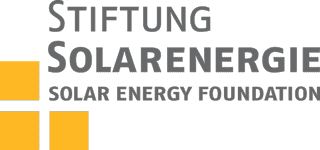Light for education: village schools

For a typical child in rural Africa, access to education remains the most important means of acquiring the skills that are essential for professional advancement and social self-determination.
Many schools do not have access to electricity, leaving many children with important opportunities. Without electricity, for example, it is not possible to hold lessons after sunset (approx. 6 pm). This not only reduces the learning opportunity for children who have to help their parents in the field during the day. It also makes every evening lessons impossible for adults.
On the other hand, many schools have very committed teachers who work with much eagerness under often difficult conditions. And they meet highly motivated students. Because they know that education is the most important basis for having any chance of a good future.

“I was at school for two years. Then I had to leave school because of my eye problems. But after we got solar light, I was able to go back to school because the light is better for my eyes.”
Melat Terengo, student (15)
In our school projects, we focus on two aspects:
Light for classrooms and teachers
Safe, reliable and affordable lighting is one of the most basic energy needs of any school. In each school, therefore, several classrooms and teacher rooms are equipped with solar light. This now also allows lessons in the morning and evening hours.
Mobile solar lamp for school children
We often hand over mobile solar lamps for school children to our project schools: every morning, when a school child comes to school, the family’s lamp comes with them to charge them at school during the day. In the evening, the child returns home with a fully charged lamp, enabling evening learning.
In addition, we have installed solar-powered computers in selected pilot schools to provide access to modern teaching materials.
Other schools were given solar water pumpsto improve children’s nutrition in schools. The UN World Food Programme (WFP) and UNICEF have repeatedly highlighted the lack of adequate nutrition as a major obstacle to the education of poor children in Africa.



